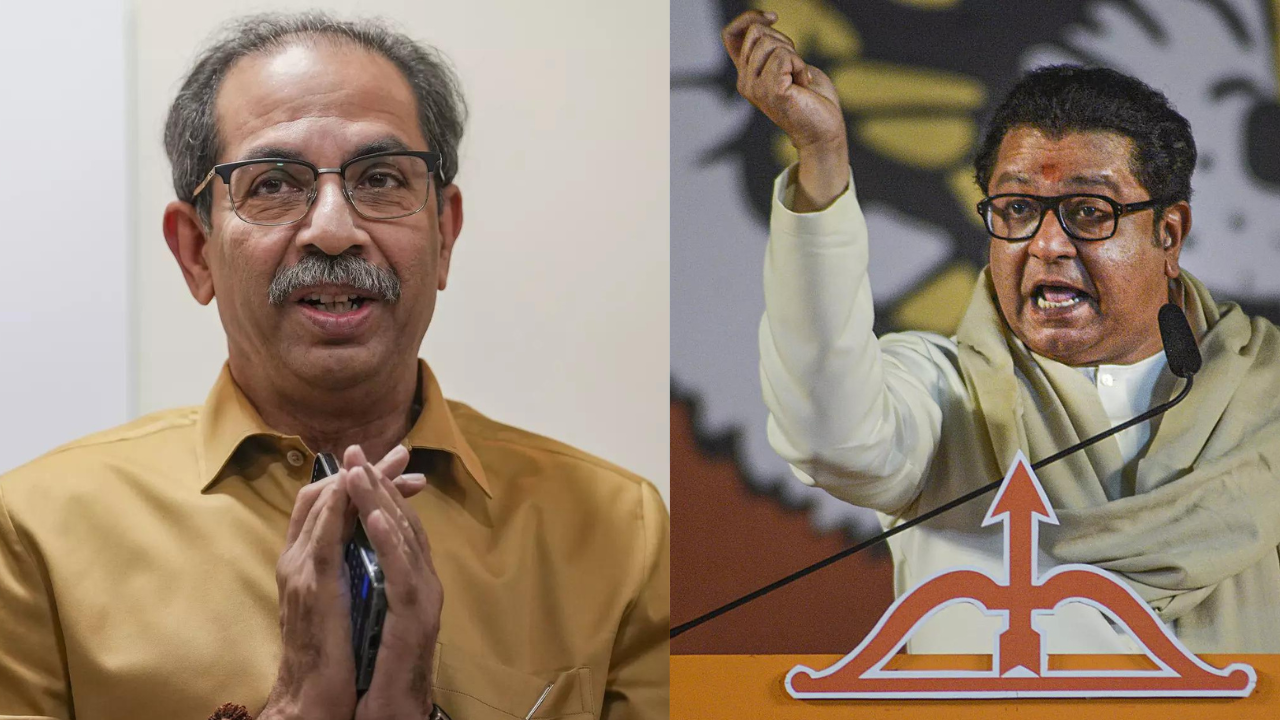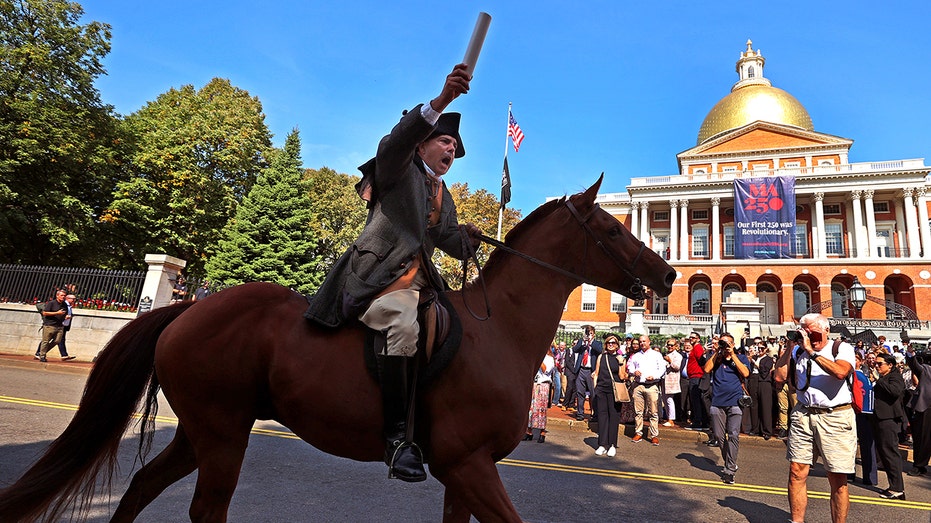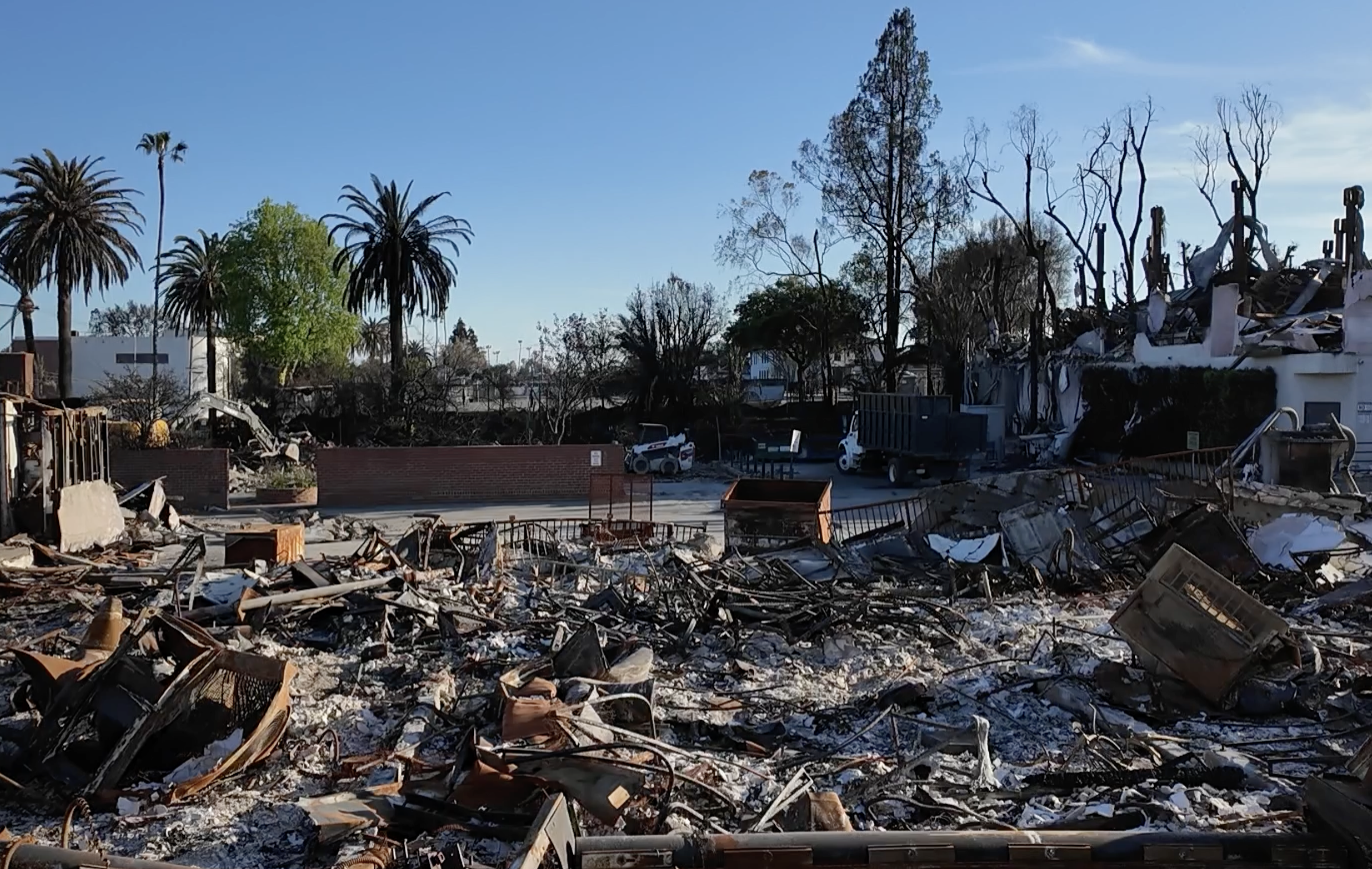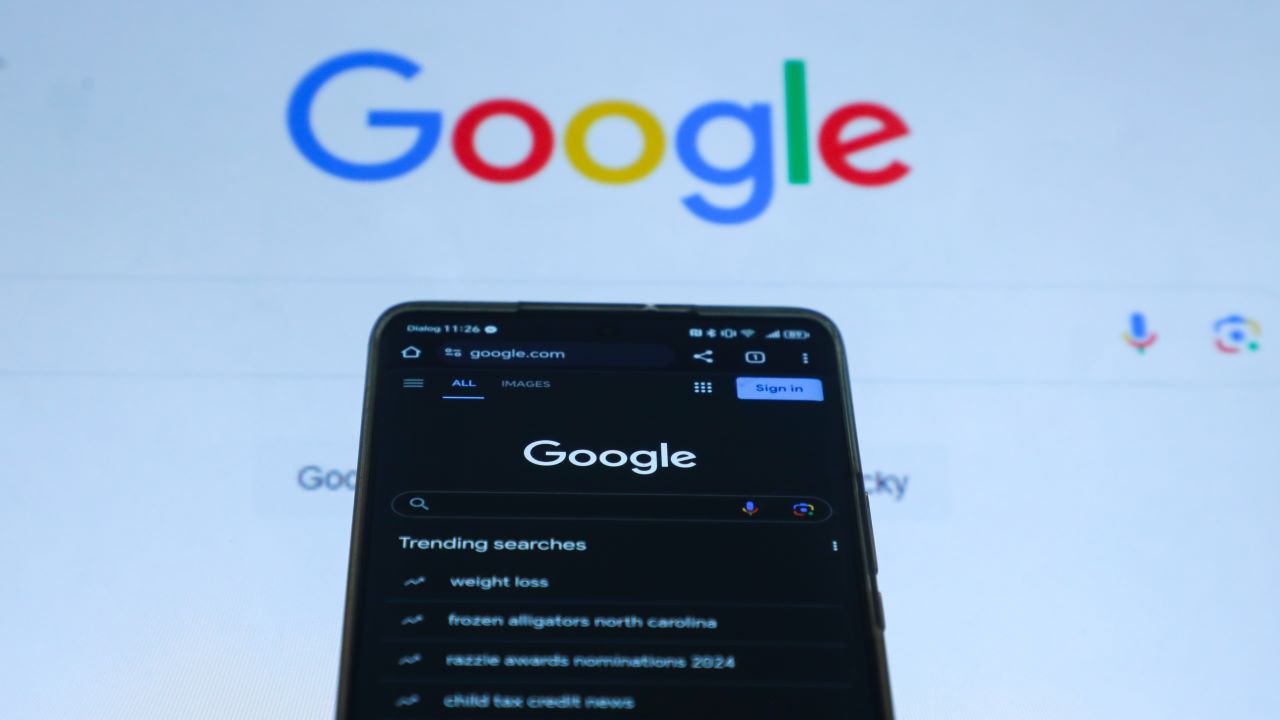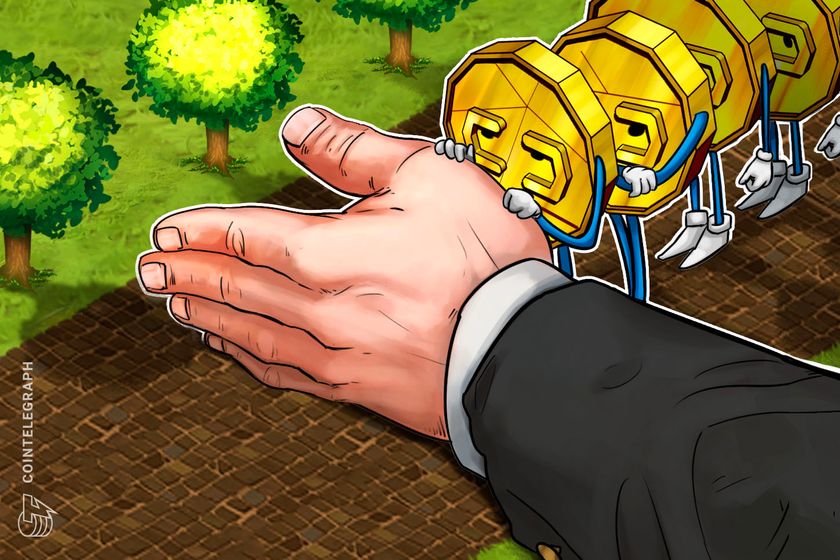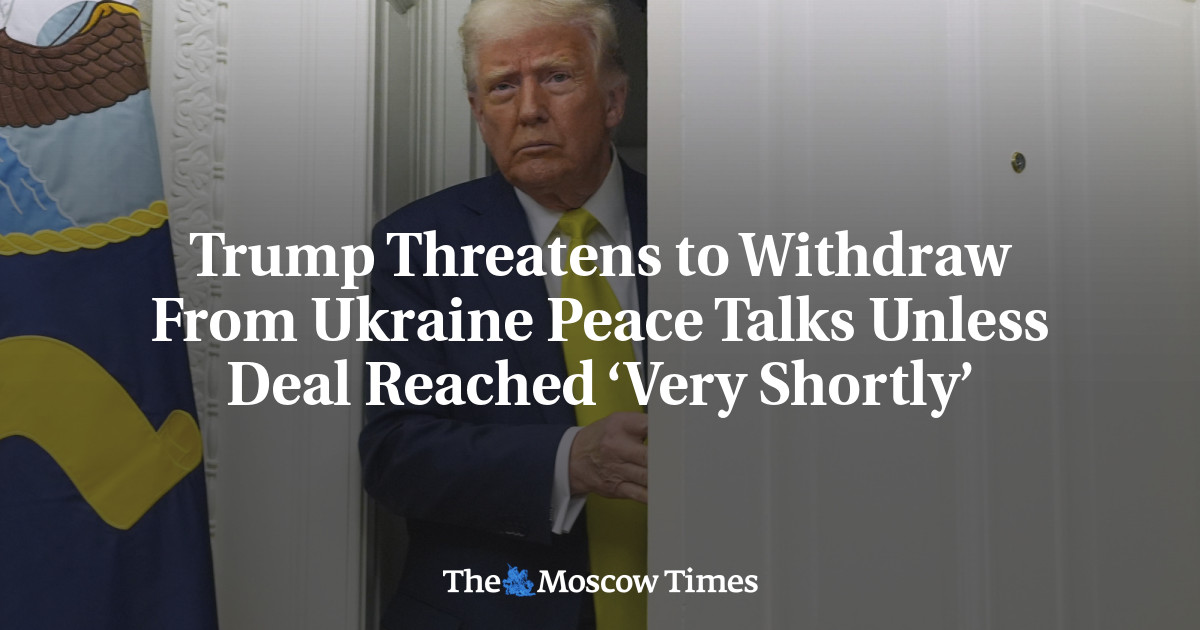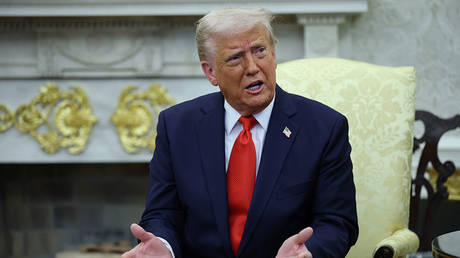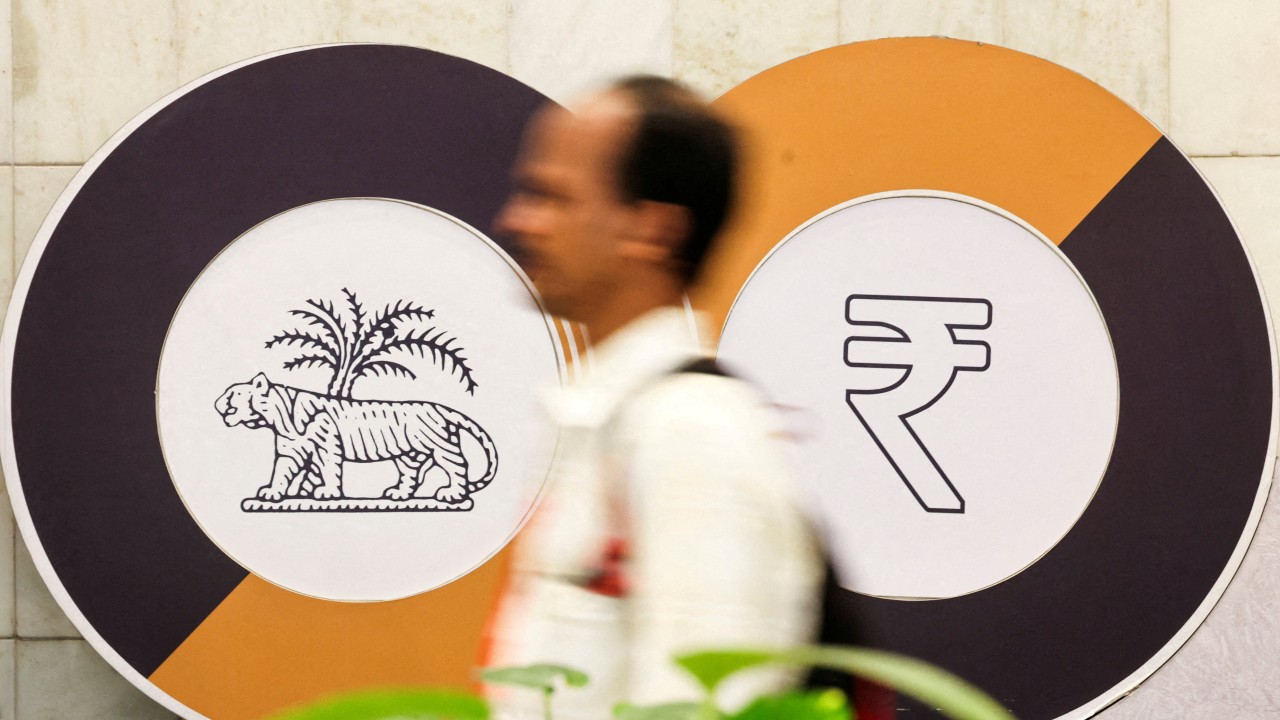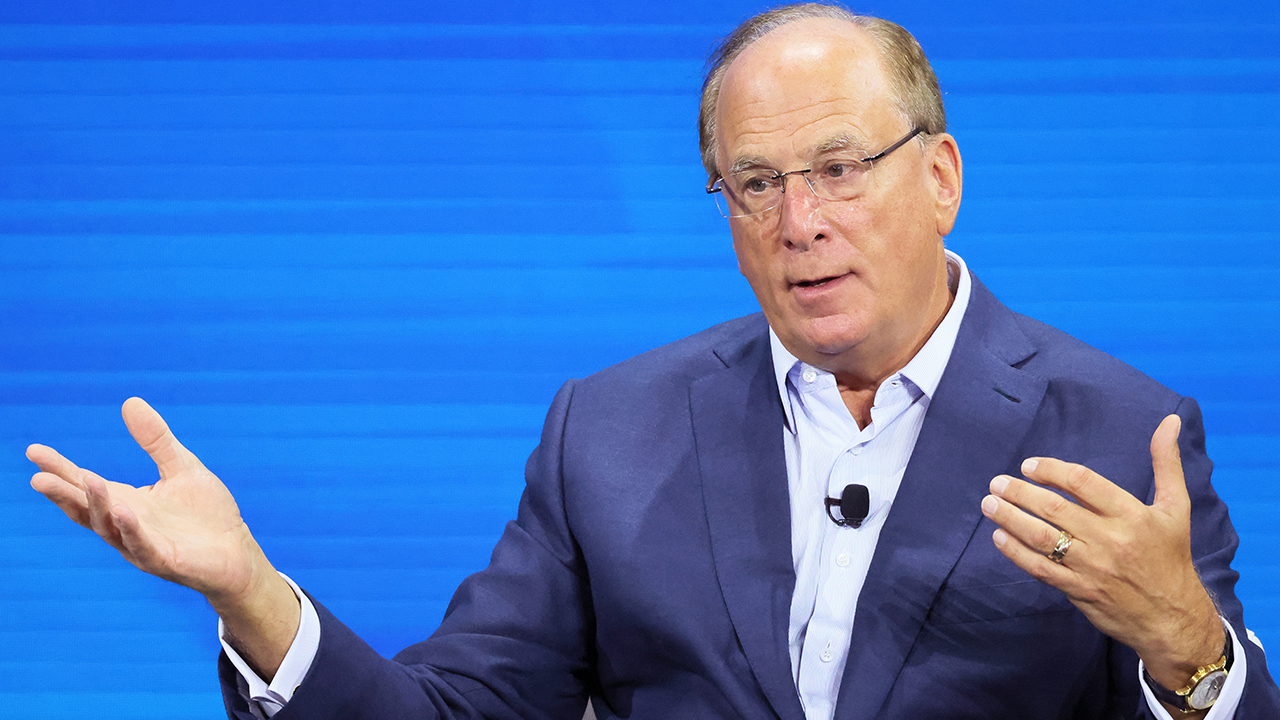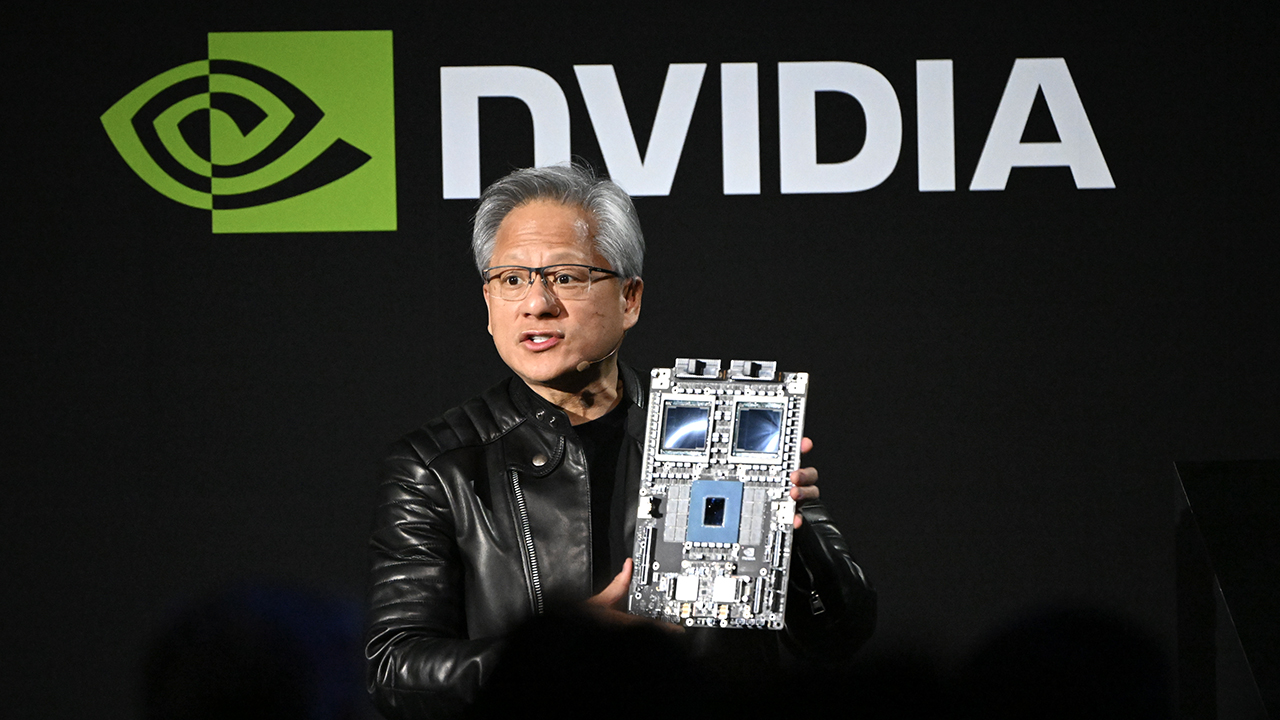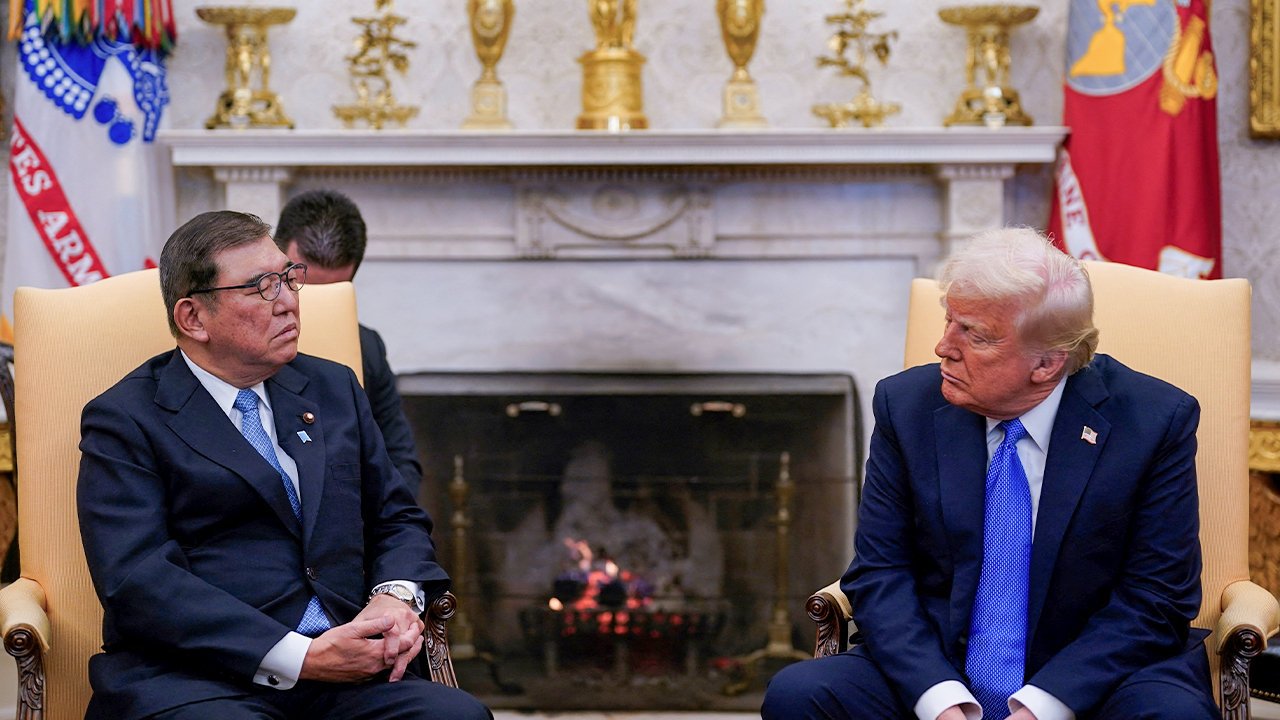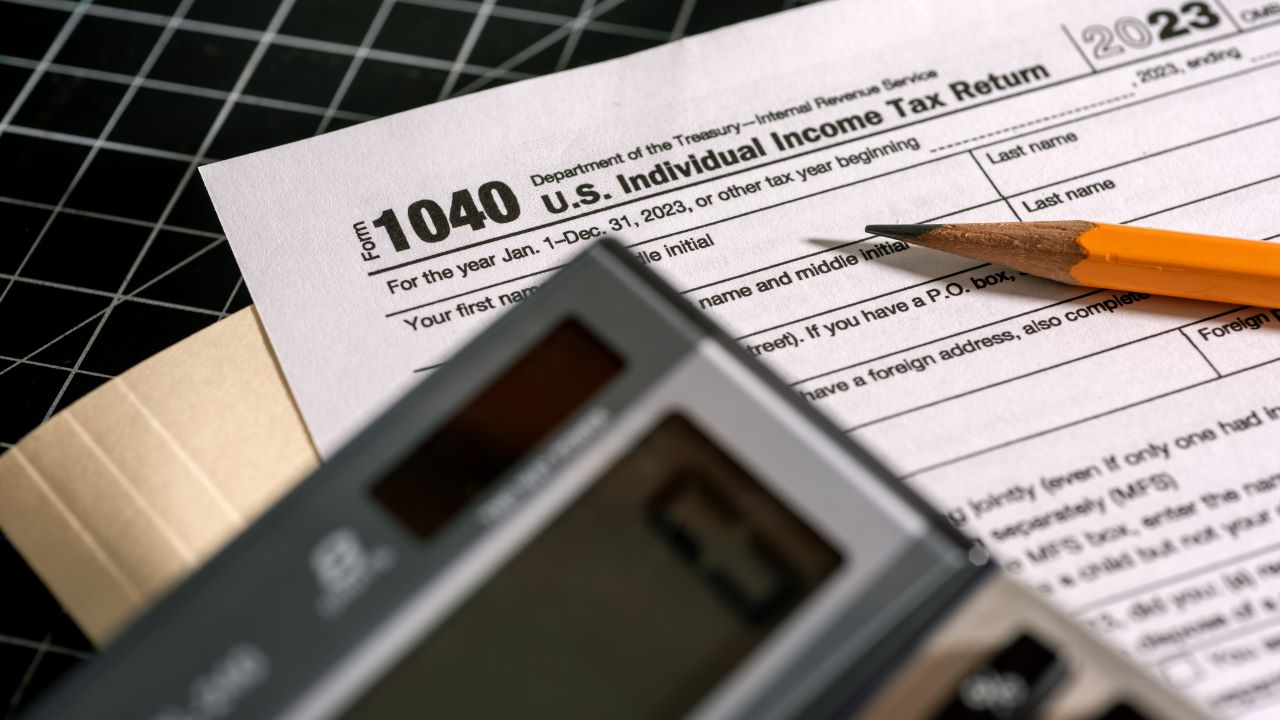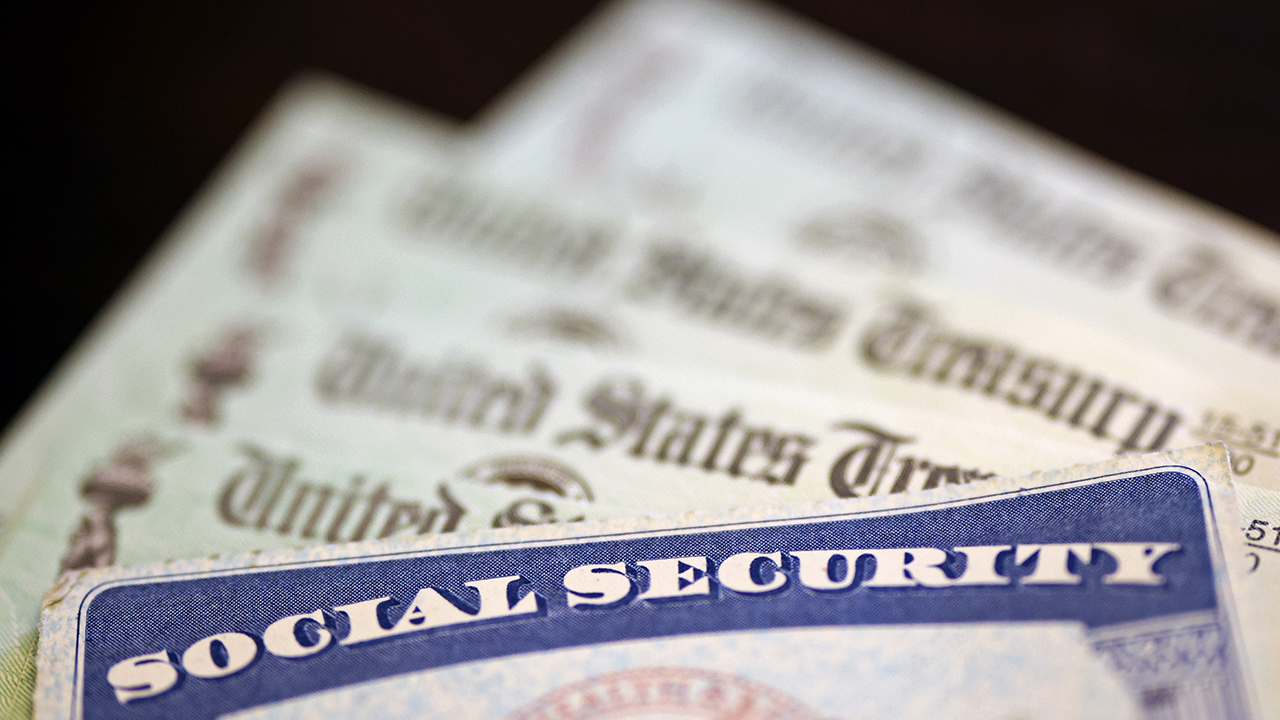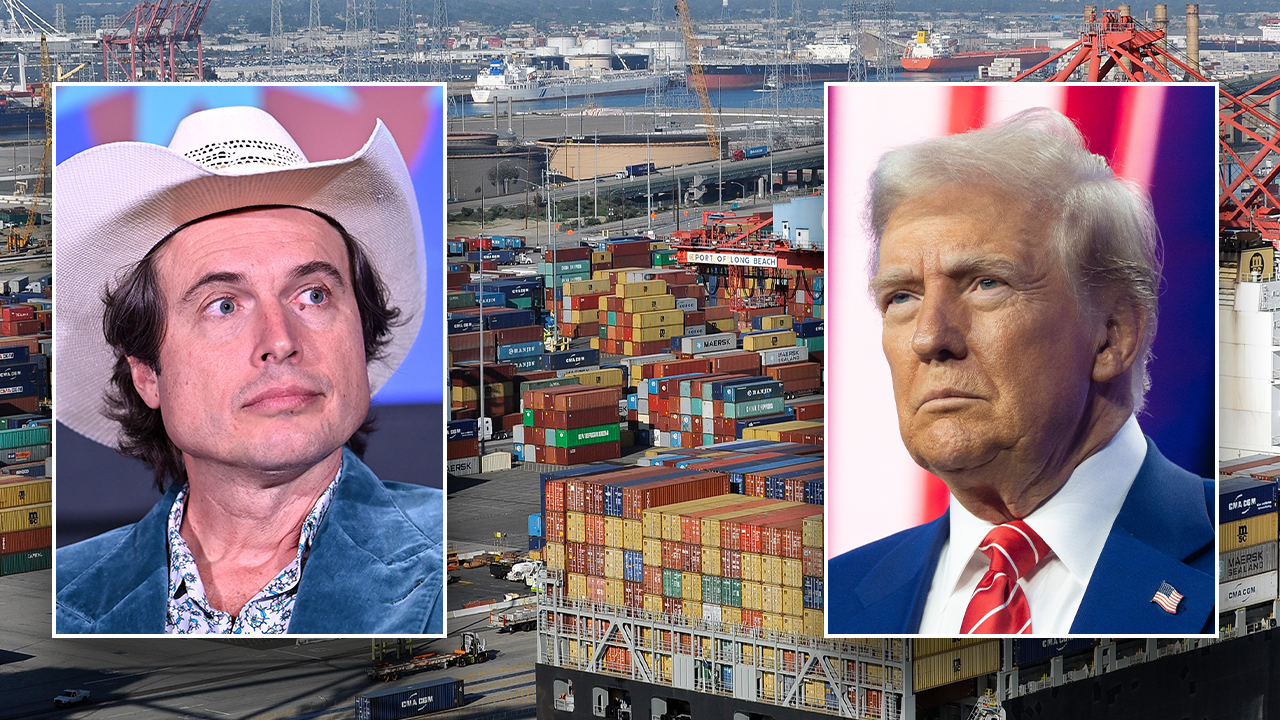Trump Is Flirting With Economic Disaster
By threatening the independence of the Federal Reserve, the president risks undermining many of his key goals.

According to President Donald Trump, the banker he picked to lead the Federal Reserve is “WRONG.” His reports are a “complete ‘mess!’” And his termination “cannot come fast enough!”
These kinds of remarks would be extraordinary for any other resident of the White House. Presidents are normally deferential to central bankers and avoid lobbying for monetary-policy changes in order to maintain the markets’ faith in the Fed’s independence. Not Trump. He has blasted the Fed dozens and dozens of times over the years, labeling its policies “ridiculous,” calling its officials “pathetic” and “boneheads,” and branding Jerome Powell an “enemy.”
[David Frum: Trump needs someone to blame]
The markets (and Fed officials) have largely shrugged off this jawboning and name-calling. Trump hasn’t swayed the central bank’s policy in any appreciable way, and Powell—again, a Trump nominee—has proved a deft leader of the central bank. But interest rates are climbing and growth is falling, giving Trump trillions of reasons to get rid of the Fed chair. A pending court case might grant the president the capacity to remove him without cause, in contravention of current law.
“Fast enough” might come surprisingly soon. And if Trump then manipulates the Fed to increase growth, he risks damaging the American economy for the foreseeable future.
As he is already doing. Trump has implemented sweeping global tariffs, including a 145 percent tariff on all goods from China and a 25 percent tariff on certain goods from Canada. The trade levies are equivalent to a 28 percent sales tax on foreign parts and products, the highest effective rate since 1901, according to calculations by Yale’s Budget Lab. They are hurting farmers, killing off small businesses, spooking consumers, and dampening industrial investment, and they stand to cost the average family nearly $5,000 a year in the near term.
The trade levies will knock a full percentage point off GDP growth and eliminate hundreds of thousands of jobs, forecasters believe. Given their capacity to delay corporate investment and tank consumer confidence, the tariffs might even cause an extraordinary policy-induced recession later this year. Millions of Americans already believe the economy is shrinking, leading them to spend less, making a recession yet more likely.
[Derek Thompson: A trade war with China is a very bad idea]
The diminished outlook for growth and corporate profits has led to a plunge in stock prices, with the S&P 500 down 14 percent since Trump took office. Remarkably, the price of Treasury bonds—normally a haven during a downturn, with their price moving in the opposite direction of equities—has dropped too. Investors around the world are dumping American assets, pricing in the risk of democratic decline and the cost of policy chaos emanating from Washington. The country is already facing higher borrowing costs and slower growth in the long term because of these market gyrations. Now Trump wants the Fed to slash interest rates soon, not-so-subtly threatening to get rid of Powell if it does not do so.
The central bank is not going to do so, at least not with its current leadership in place. The Fed held interest rates steady in March. Markets anticipate that policy makers will lower the rate by small increments, slowly, in the next year, if the country’s labor market holds up. Powell warned this week that the Fed’s leaders might “find ourselves in the challenging scenario in which our dual-mandate goals are in tension,” with inflation rising as growth slows down. To tackle higher costs, the Fed would have to raise interest rates; to help employment, the Fed would have to lower them. “We would consider how far the economy is from each goal” to make rate decisions, Powell said. The likelihood of financial disturbances complicates the Fed’s project further; the bank might have to step in to provide liquidity to the markets.
Yet the question is not really whether the Fed should cut rates, and if so, how much and how soon. The question is whether the Fed can make rate decisions without political interference. If Trump bullies the Fed into a policy decision by firing Powell and installing a crony in the central bank, investors around the world will dump even more American assets and flee to the relative safety of the euro, raising domestic borrowing costs as the central bank scrambles to shore up the financial system and tries to bring interest rates down. It would be chaos, with costs extending into the trillions of dollars and the ramifications felt for decades.
In Trump’s first term, the White House quieted investors’ concerns about Trump politicizing the Fed by promising he would not fire Powell, whatever the president said in his social-media posts. Powell himself has repeatedly said that the White House cannot fire him without cause, and has indicated that he would fight his dismissal in court.
But the White House has shown no deference to the courts this term. It has fired tens of thousands of federal workers, in apparent contravention of the law. It is resisting a court order to bring back an American resident mistakenly deported to a terrorist detention center in El Salvador. More broadly, it has overstepped its executive authority by impounding billions of dollars in federal funding and using flimsy legal justifications to engage in its trade war. Congress has done nothing to rein in the White House.
“If I want him out, he’ll be out of there real fast, believe me,” Trump told reporters this week. If he fires Powell, he won’t be able to bring down interest rates and boost growth. He risks a financial crisis, a massive recession, a permanently lower growth trajectory for the country, and the end of American hegemony over the financial markets.
Trump wants cheap money and strong growth. The surest path to those outcomes involves getting rid of the tariffs and leaving the Fed alone.
What's Your Reaction?










